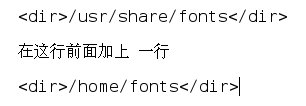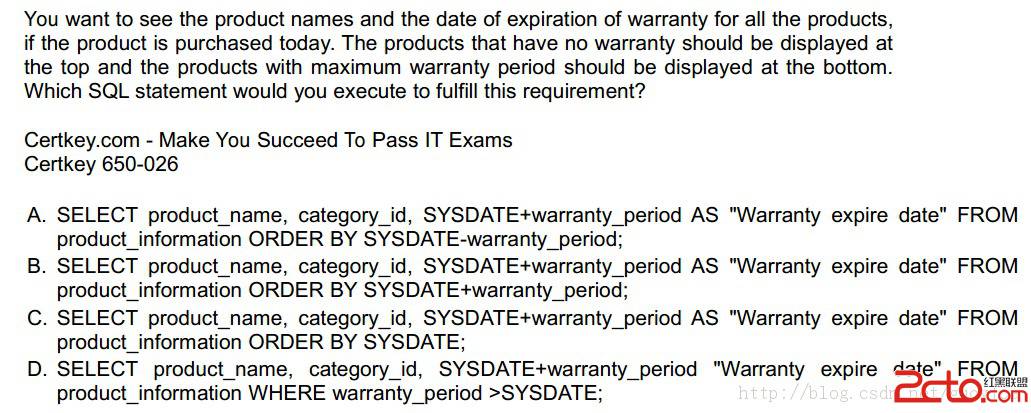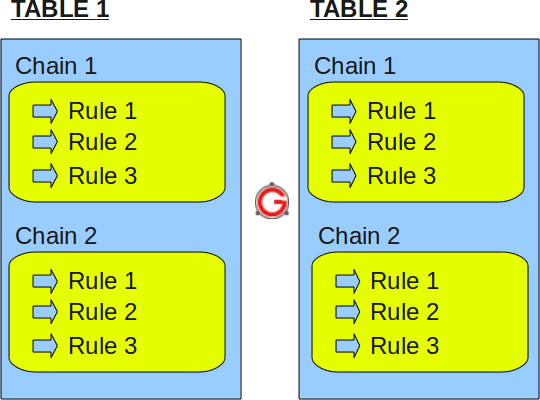CBO学习----03--选择率(Selectivity)
CBO学习----03--选择率(Selectivity)
CBO学习---第2章--表扫描(Tablescans)
http://www.zzzyk.com/database/201307/229069.html
第3章 单表选择率(Single Table Selectivity)
Selectivity是优化器估算Rows(Cards)的重要依据。
/**************************************************************************************************************************************/ 3.1 Getting Started select count(*) from audience where month_no = 12 ;
从优化器的角度,分析1200名听众中,估算12月出生的人数
(1)user_tab_col_statistics.num_distinct=12
(2)user_tab_histograms指出low(1),high(12),均匀分布
(3)user_tab_col_statistics.density=1/12
(4)month_no=12,单列,均一,所以user_tab_col_statistics.density可用
(5)low(1)<=12<=high(12)
(6)user_tab_col_statistics.num_nulls=0,没有空值
(7)user_tables.num_rows=1200
(8)1200/12=100
本章代码附件中:
birth_month_01.sql
hack_stats.sql
birth_month_01.sql构建表,先进行两次查询系统表,后做count(*)查询两次。
两次之间可在其他session执行hack_stats.sql,修改表的统计信息,看哪些统计项能影响rows的计算
(1)将表名和列名填入hack_stats.sql,并修改表的行数numrows
[sql] define m_source_table='AUDIENCE' define m_source_column='month_no' --m_avgrlen := m_avgrlen + 25; m_numrows:=m_numrows+1200;
交叉执行后,rows从100变成200
测试后将numrows复原
(2)修改distcnt和density
打开Column statistics的注释
[sql] --m_distcnt:=m_distcnt+12; m_density:=m_density/2;
经多次测试,distcnt的修改不起作用,说明仅有density参与计算(Oracle版本10204)。
并非像书中所提的那样,可能9i和10gR1中,没有直方图时是用distcnt来计算rows,Oracle之后的版本又改进了
测试后将density复原
/**************************************************************************************************************************************/
[sql]
begin
dbms_stats.gather_table_stats(
user,
'audience',
cascade => true,
estimate_percent => null,
method_opt => 'for all columns size 1'
);
end;
/
其中method_opt => 'for all columns size 1',指不收集直方图,8i和9i的默认值
method_opt =>'for all columns size auto'10g默认值,可以通过下面方法读取
[sql]
SQL> select dbms_stats.get_param('METHOD_OPT') from dual;
DBMS_STATS.GET_PARAM('METHOD_OPT')
---------------------------------------------------------
FOR ALL COLUMNS SIZE AUTO
已选择 1 行。
/**************************************************************************************************************************************/
3.2 Null Values
将null加入到rows的计算中
假定10%的人不记得自己的生日在几月
本章代码附件中:
birth_month_02.sql
该脚本中,将120行设置为空值,最终rows=90
说明优化器排除了null对估算rows的影响;density依然是1/12,并没有改变,说明density是减去空值数量后的结果。
/**************************************************************************************************************************************/ 3.3 Using Lists select count(*) from audience where month_no in (6,7,8) ;
开始研究month_no in (6,7,8),这种条件时,rows的计算方式
本章代码附件中:
in_list.sql
在没有重复值时,rows计算无误
/**************************************************************************************************************************************/ 8i中计算错误的原因: select count(*) from audience where month_no in (6,7,8); select /* +use_concat */count(*) from audience where month_no in (6,7,8); /**************************************************************************************************************************************/
本章代码附件中:
in_list_02.sql
将月份从12扩大到1000,density为0.001
获得列表3-1,用来对比8i到10g的计算值,版本间影响不大
/**************************************************************************************************************************************/ 本章代码附件中: oddities.sql 在存有重复值、空值、过界值时,计算rows的状况,10204明显有所改善,考虑了最大最小值(书中原版本未考虑过界值的问题) 条件 8i 92/10102 10204 month_no = 25 100 100 1 month_no in (4, 4) 100 100 100 month_no in (3, 25) 192 200 100 month_no in (3, 25, 26) 276 300 101 month_no in (3, 25, 25, 26) 276 300 101 month_no in (3, 25, null) 276 300 200 month_no in (:b1, :b2, :b3) 276 300 300 仅仅在有空值时,不能正确计算rows,但也比之前版本误差小。 /**************************************************************************************************************************************/
10104的线性衰变
oracle在10.2之前采用过一个更为复杂的线性衰变算法,即超过最大值或低于最小值时,单值rows的斜率为 "1/最大值-最小值"。
通过上面10204的测试,这个算法在新版本中被取代。
本章代码附件中:
in_list_10g.sql
在10104中的结果:
条件 10102 10104
month_no = 13 100 91
month_no = 15 100 73
month_no in (13,15) 200 164
month_no in (16,18) 200 109
10104比10102略有改进,10204比10104改进就更加明显了,虽然还有缺陷(null上),但说明oracle的opt团队在不断的更新代码。
/**************************************************************************************************************************************/ 3.4 Range 本章代码附件中: ranges.sql 总结各个版本,统计如下: 号 谓词 8i 92/10102 10204 数学表达式 真实值 1 month_no > 8 437 436 436 (8, 400 2 month_no >= 8 537 536 536 [8, 500 3 month_no < 8 764 764 764 ,8) 700 4 month_no <= 8 864 864 864 ,8] 800 5 month_no between 6 and 9 528 527 527 [6,9] 400 6 month_no >= 6 and month_no <= 9 528 527 527 [6,9] 400 7 month_no >= 6 and month_no < 9 428 427 427 [6,9) 300 8 month_no > 6 and month_no <= 9 428 427 427 (6,9] 300 9 month_no > 6 and month_no < 9 328 327 327 (6,9) 200 10 month_no > :b1 60 60 101 (:b1, 11 month_no >= :b1 60 60 101 [:b1, 12 month_no < :b1 60 60 101 ,:b1) 13 month_no <= :b1 60 60 101 ,:b1] 14 month_no between :b1 and :b2 4 3 9 [:b1,:b2] 15 month_no >= :b1 and month_no <= :b2 4 3 9 [:b1,:b2] 16 month_no >= :b1 and month_no < :b2 4 3 9 [:b1,:b2) 17 month_no > :b1 and month_no < :b2 4 3 9 (:b1,:b2) 18 month_no > :b1 and month_no <= :b2 4 3 9 (:b1,:b2] 19 month_no > 12 100 100 100 (12, 0 20 month_no between 25 and 30 100 100 100 [25,30] 0
其中8i的4和9i的3,是没有区别的(10进制和二进制转换时有个小数),只是8i在计算式使用上浮,9i用的舍入
从上表发现的几条规律:
(1)"(" 和 "]"的差距为100
(2)超过边界值为100
(3)有绑定变量的rows,开闭区间并无影响
(4)10-13行,单个绑定变量的range,前期版本定为5%(1200*5%=60),10204之后较为复杂(有待研究)
(5)14-18行,5%*5%=2.5/1000,1200*5%*5%=3行
(6)19-20行,超出最





